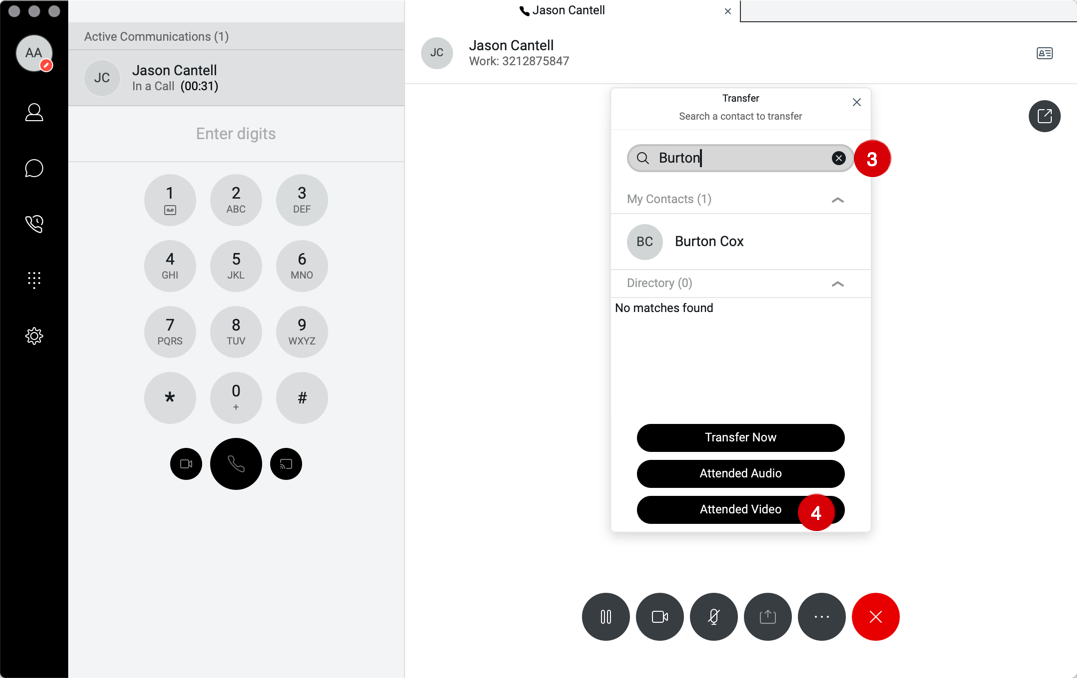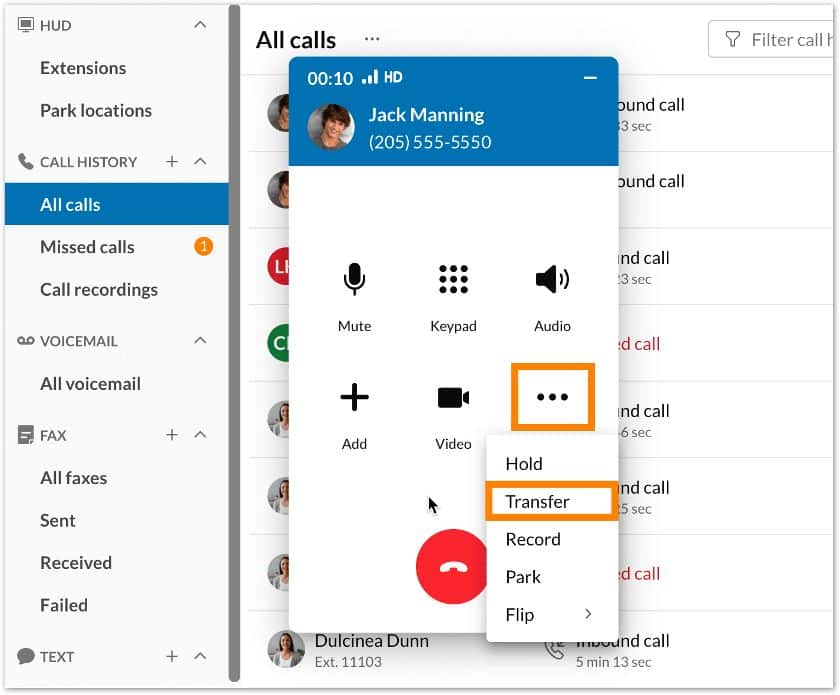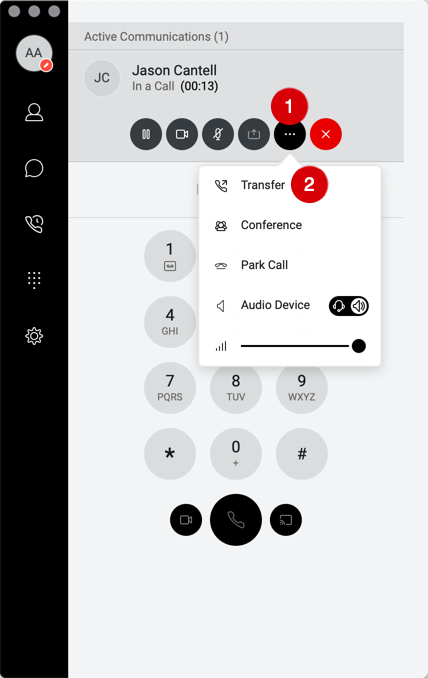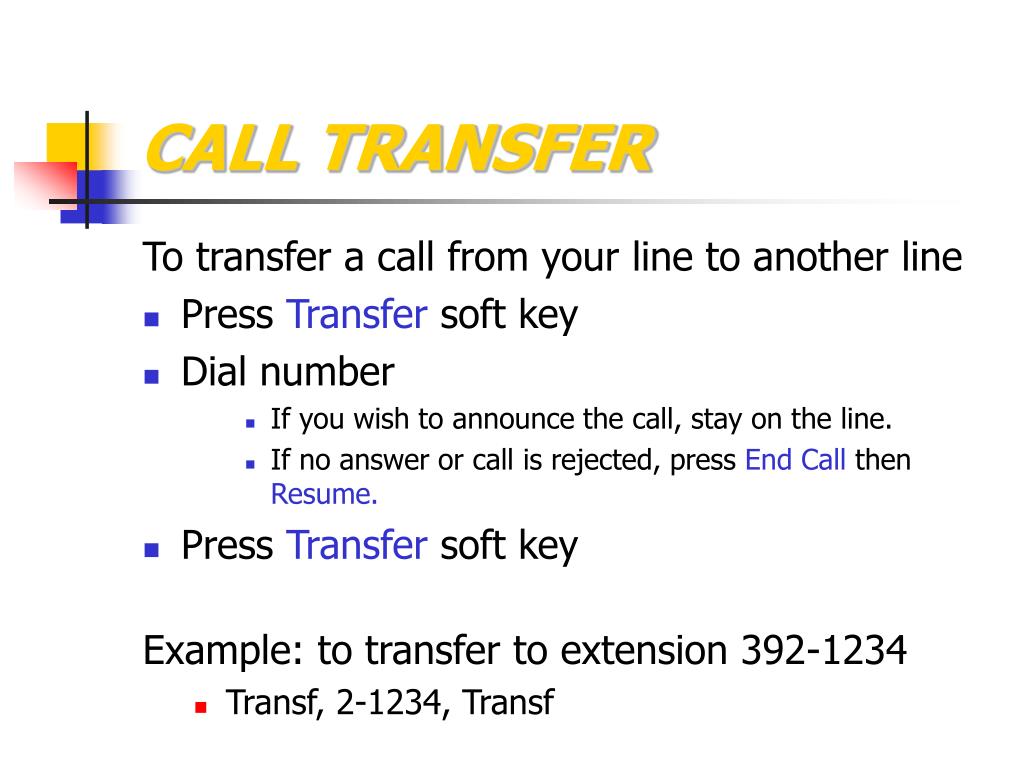Transfer Phone Calls To Another Number

In today's rapidly evolving telecommunications landscape, the ability to seamlessly transfer phone calls to another number remains a critical function for businesses and individuals alike. From ensuring uninterrupted customer service to maintaining personal connectivity, call transfer capabilities underpin many aspects of modern communication.
This article delves into the mechanics, applications, and implications of transferring phone calls, exploring how this feature impacts various sectors and the technological advancements that have shaped its current form.
Understanding Call Transfer
Call transfer, at its core, is the process of re-routing an active telephone call from one telephone number or extension to another. This can be initiated by the person who answered the initial call, or in some cases, automatically through pre-set configurations.
The functionality is available across a wide range of platforms, including traditional landlines, VoIP (Voice over Internet Protocol) systems, and mobile networks.
Types of Call Transfer
There are generally three main types of call transfer:
Blind Transfer (or Unattended Transfer): The call is immediately transferred to the recipient without announcing the caller or confirming their availability.
Attended Transfer (or Warm Transfer): The person transferring the call speaks to the recipient first, informing them about the caller and their reason for calling, before completing the transfer.
Consultative Transfer: Similar to an attended transfer, but the transferring party may have a brief conversation with the recipient before deciding whether to transfer the call.
Applications in Business
For businesses, the ability to transfer calls is an indispensable tool for efficient communication. It allows receptionists to direct calls to the appropriate department or individual, ensuring that customers are connected with the right person to address their needs.
This capability is particularly crucial for large organizations with multiple departments or locations.
Call centers rely heavily on call transfer to distribute incoming calls among agents based on expertise and availability. Customer service is often improved through this process.
Personal Use and Benefits
Individuals also benefit from call transfer features. For example, if someone is expecting an important call but needs to leave their home or office, they can forward their calls to their mobile phone.
This ensures they don't miss critical communications.
During travel or temporary relocation, call forwarding provides a convenient way to maintain contact with family, friends, and business associates. It ensures no calls are missed.
Technological Advancements
The evolution of call transfer technology has been significant. Initially, call transfer was a manual process requiring operator assistance.
With the advent of digital phone systems and VoIP technology, call transfer became automated and more versatile.
Modern unified communications platforms offer advanced call management features, including sophisticated call routing rules, presence indicators (showing whether a recipient is available), and integration with CRM (Customer Relationship Management) systems. This integration improves business performance.
Security Considerations
While call transfer offers many benefits, it's also important to be aware of potential security risks. Malicious actors can exploit call forwarding features to redirect calls to fraudulent numbers, potentially leading to financial losses or other scams.
Users should regularly review their call forwarding settings and be cautious about forwarding calls to unfamiliar numbers. Telecommunication companies provide tools to check the security of call settings.
Impact on Society
The ubiquitous nature of call transfer technology has profoundly impacted the way people communicate and conduct business. It facilitates seamless communication across geographical boundaries, enabling global collaboration and commerce.
The ability to easily redirect calls contributes to increased productivity and responsiveness, fostering stronger relationships with customers and partners.
Call transfer allows businesses to maintain a 24/7 presence, even outside of normal business hours, leading to higher customer satisfaction.
The Future of Call Transfer
As communication technology continues to advance, the future of call transfer is likely to involve even greater integration with artificial intelligence (AI) and machine learning (ML).
AI-powered call routing systems could analyze caller intent and automatically direct calls to the most appropriate agent or resource. Furthermore, ML algorithms can learn from past call patterns to optimize call routing strategies.
Unified Communications as a Service (UCaaS) is also expected to play a larger role, offering cloud-based solutions that provide businesses with greater flexibility and scalability in managing their communication needs.











![Transfer Phone Calls To Another Number Call Transfer: Types, Benefits & More [Full Guide] – MightyCall](https://www.mightycall.com/wp-content/uploads/2023/08/transfer-to-external-phone-number-pic.png)






